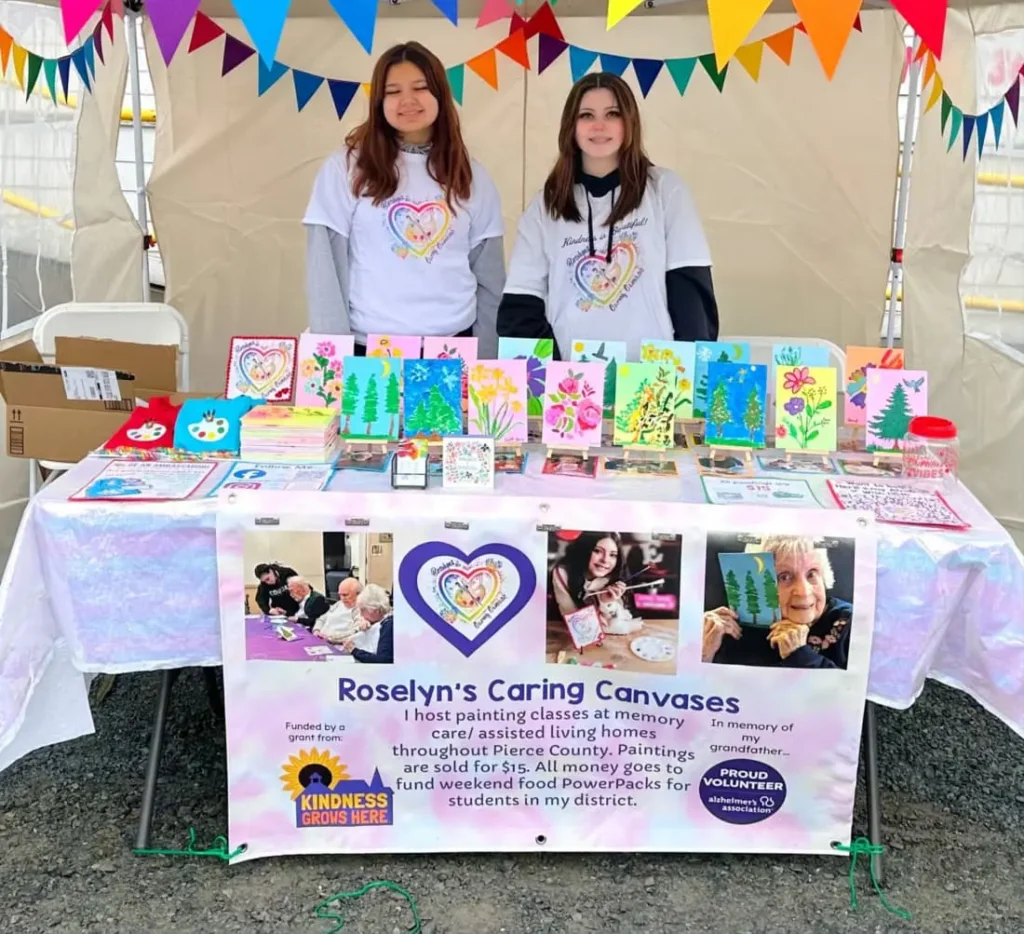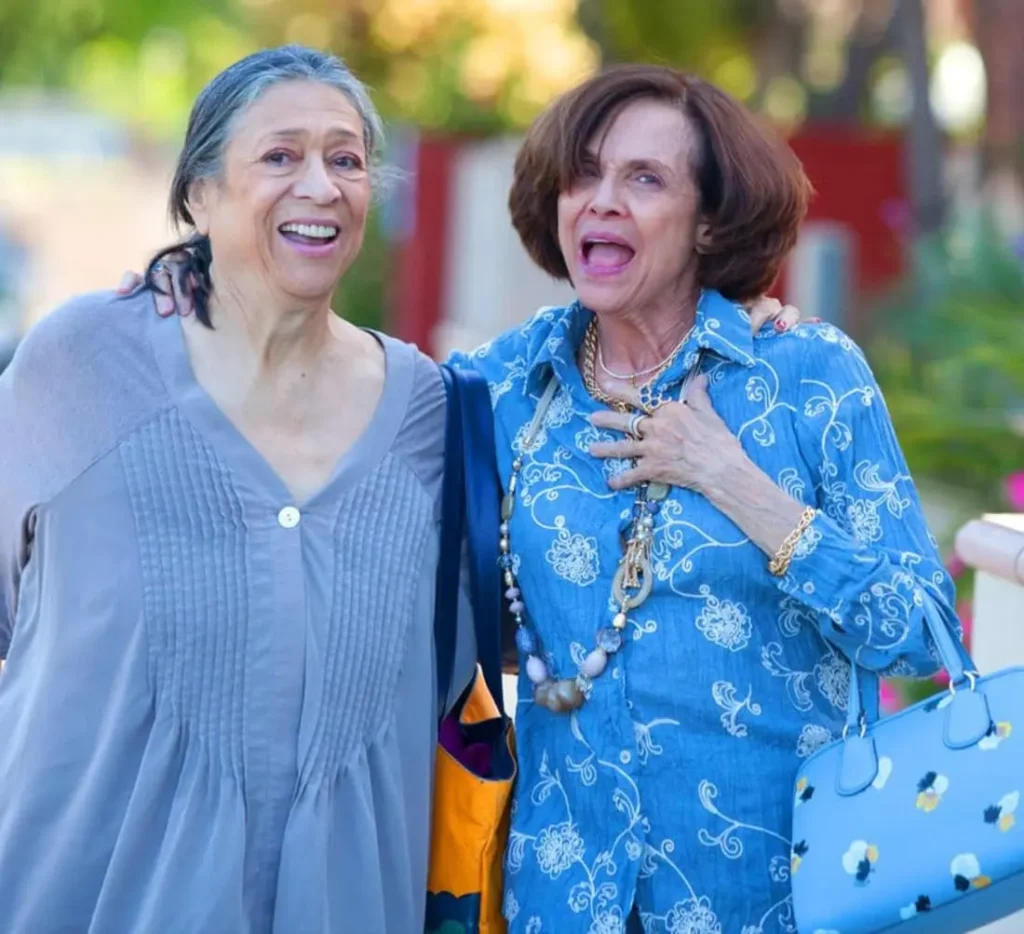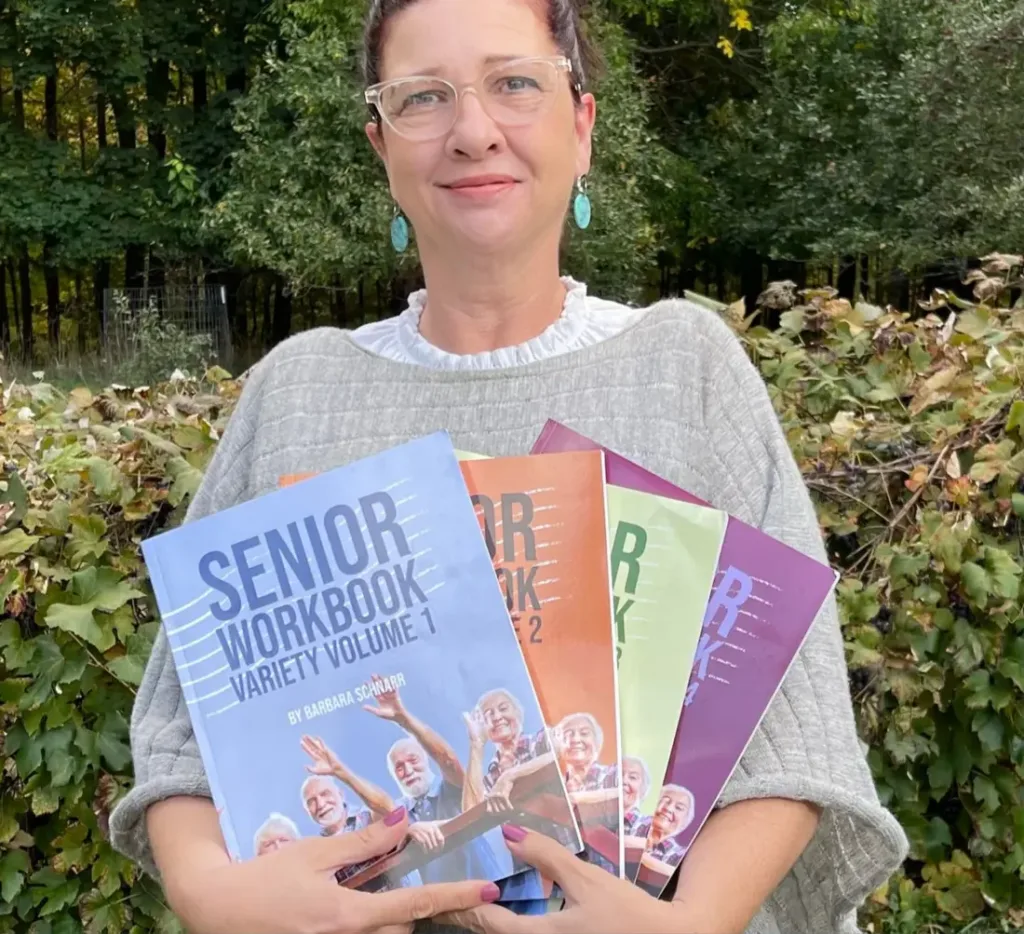An interview with Jennifer Dupee, Author
Jennifer Dupee, a Massachusetts native, published her debut novel, “The Little French Bridal Shop”, in 2021. In it, Dupee explores the protagonist, Larisa’s, self-exploration and feelings of self-loss, while dually exploring her mother’s journey with dementia and her own loss of self.
Dupee was kind enough to sit down (virtually!) with us to share some of her thoughts as she took on dementia as a major theme in her novel. Alzheimer’s and dementia was not something that Dupee was personally familiar with, but that she had experienced her own mother’s illness with breast cancer at a young age. Like Larisa, she struggled with her mother’s declining health. Larisa’s feelings of self-loss were echoed in her mother’s battle with dementia. Dupee made stylistic choices to reflect Larisa’s mother’s disorientation, as well; a storm scene and a cluttered house mimicked the confusion felt by both Larisa and her mother on their journeys.
Dupee completed significant research on Alzheimer’s and other forms of dementia and what it means to be a caregiver for a person living with dementia when writing her novel. She cited various sources including Lisa Genova’s “Still Alice”, her Ted Talks, Jennifer Ghent-Fuller’s “Thoughtful Dementia Care” and the Living with Alzheimer’s Film Project. Her research made her aware of the impact of the arts on people living with dementia and inspired her to incorporate that into her novel. Dupee’s protagonist ultimately rediscovers a meaningful connection with her mother through improvising and dance.
As Dupee noted, her novel is one of few fiction books that explore dementia as a major theme. While there are many caregiver guides and other non-fiction resources, the portrayal of dementia in fiction literature is limited. She shares that one reason for this is perhaps the fear and concern that may arise for people when they hear the words Alzheimer’s and dementia. Dupee feels that broadening portrayals of dementia within various forms can break down some of these misconceptions and help people face their fears. The message that Dupee wants readers to take away is that despite dementia being a heavy topic – when we allow ourselves to be vulnerable – we can find ourselves, hopefulness, and meaningful connections.
